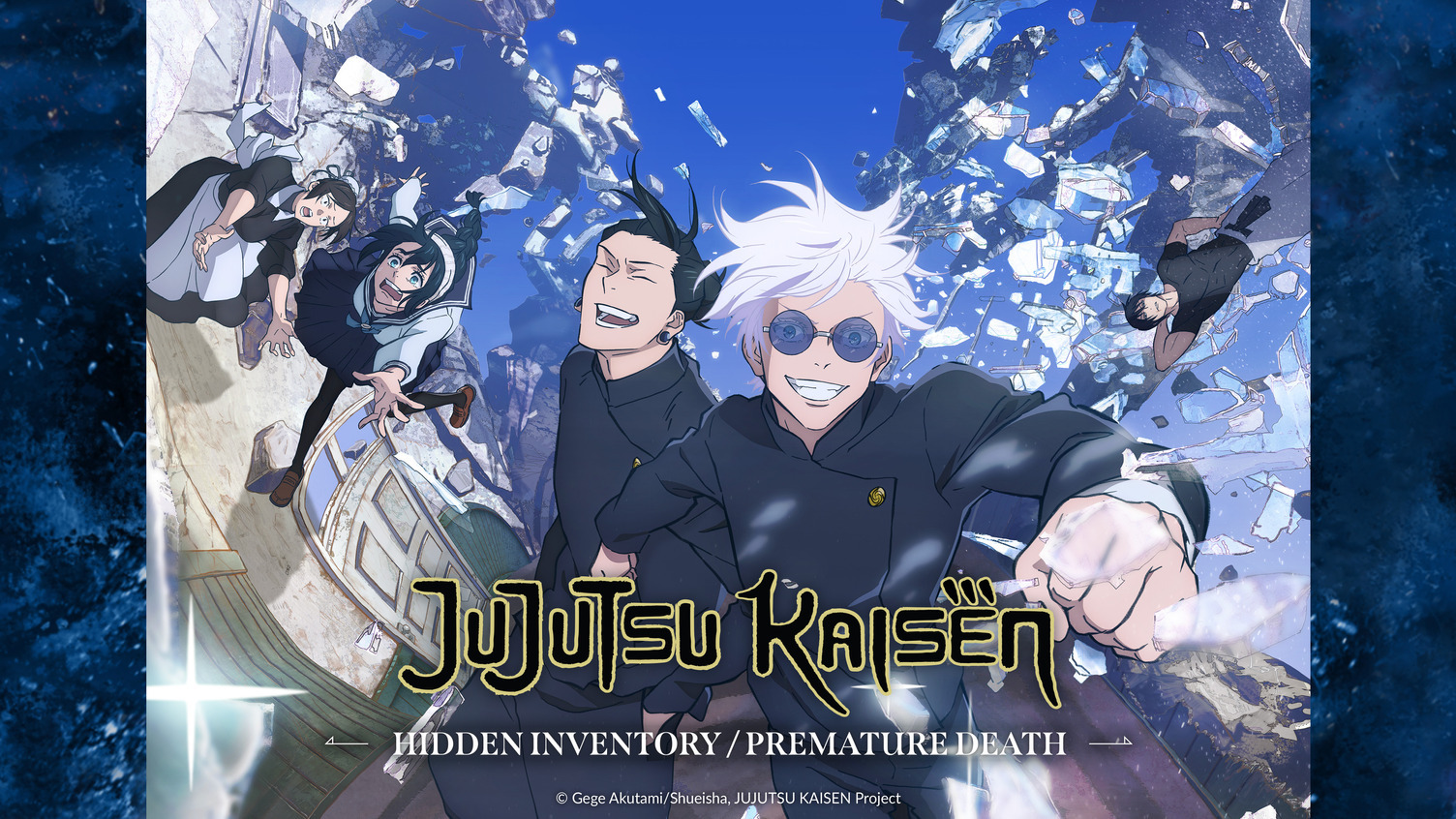Translation is an integral part of creating and maintaining communication. It is a very powerful tool that helps bridge gaps between cultures, customs, and communities by using a medium familiar to all—language. Or rather, languages.
However, languages are not perfect mirrors of each other. With all their beautiful sounds and rules and meanings, they are simply too complex to allow a one-on-one conveyance of their intricacies from one to the other, leading to unavoidable simplification or adaptation.
Due to these difficulties, there are instances where the translated version does not quite convey the originally intended message or symbolism. A modern example of this issue can be observed in Japanese-English manga translations due to many linguistic differences between the two languages, one of which will be discussed below.
I decided to illustrate the variation in the portrayal of polite speech based on one of the most popular (and my current favourite) manga series—Jujutsu Kaisen. The inspiration for this post comes from a series on Tiktok called ‘Lost in Translation’ by societyhater and videos on polite speech by papikaychan.
This post contains spoilers.
Jujutsu Kaisen or ‘Sorcery Fight‘

Jujutsu Kaisen (呪術廻戦) is an on-going Japanese manga series created by Gege Akutami. It has been published in Shueisha’s Weekly Shōnen Jump, a shōnen manga magazine, since 2018 and has secured its spot among the top best-sellers in the industry with over 80 million copies in circulation as of July 20231. Along with weekly manga chapters, the story is currently being adapted by Studio MAPPA into an anime TV show—the first episode of the highly anticipated Season 2 aired on 6 July 2023.. The English release of Jujutsu Kaisen in North America is licensed by Viz Media, which has been publishing the manga since 2019.
The official English title—‘Sorcery Fight‘—is not entirely accurate; while ‘Jujutsu’ (呪術) is quite straightforward in its meaning of ‘sorcery’ or ‘cursed technique’, the last two kanji ‘Kaisen’ (廻戦) create a word believed to be made up by the author, having a connotation closer to ‘eternal battle’. Therefore, a more insightful version would be ‘an endless battle of curses’.
The storyline is summarised on Crunchyroll as follows:
Yuji Itadori is a boy with tremendous physical strength, though he lives a completely ordinary high school life. One day, to save a classmate who has been attacked by curses, he eats the finger of Ryomen Sukuna, taking the curse into his own soul. […] Guided by the most powerful of sorcerers, Satoru Gojo, Itadori is admitted to Tokyo Jujutsu High School, an organization that fights the curses… and thus begins the heroic tale of a boy who became a curse to exorcise a curse, a life from which he could never turn back.
Polite speech — ‘Boku’ versus ‘ore’
The Japanese language makes frequent use of gender- and context-specific expressions which indicate the speakers’ social status and gender, including gendered personal pronouns2. This is an aspect that English lacks, and it can really simplify the original symbolism.
‘Boku’ (僕) is an informal, but polite first personal pronoun used by boys and men of all ages. ‘Ore’ (俺), on the other hand, although also an informal male pronoun, signifies a boastful attitude and can be considered rude outside of conversations with close friends.
In the Hidden Inventory arc, teenage Satoru Gojo exclusively uses ‘ore’, even to figures of authority, which enhances his cocky and spoiled persona. In Chapter 66 of the manga (translation from this video), Geto, his best friend, tells Gojo he ought to be more polite:
You should stop using ‘ore’ as your first person pronoun. Especially in front of your superiors. […] Make it ‘watashi’ or at the very least ‘boku’.
In the translation by Stefan Koza, Geto instead says:
You should be more mindful of the way you talk. Particularly around your superiors. […] You’re way too rude.
Further on in the story, when Geto dies and Gojo is left alone, he switches to ‘boku’, hinting that he did take his friend’s words to heart and became more respectful and mature. Although Gojo keeps up his arrogant facade in his adulthood, the change in his speech is proof that he cares more about his friends’ opinions than he lets on.
Art is all in the details
Despite not being crucial to the main plot, details such as these add to the characters and their personalities in a subtle way. This element of the narrative is missing from the translation completely, as it cannot be conveyed through English pronouns. It is a pity that such fundamental parts of one language have to be disregarded for the sake of translation. Nonetheless, Jujutsu Kaisen is a beautifully written story and it shines through the characters, no matter the language!
- Twitter. (2023, June 29). 【祝!】いつも #呪術廻戦 を応援いただきありがとうございます!7月4日(火)のコミックス第23巻発売をもって、シリーズ累計発行部数が8,000万部を突破!(デジタル版含む)TVアニメ第2期の放送も目前に迫り、ますます勢いが増す本作をどうぞよろしくお願いいたします!https://twitter.com/jujutsu_PR/status/1674266442038927360 ↩︎
- Borbely, P. (2014). Japanese comics lost in translation. Language transitions and the (mis)interpretation of the translated material. In Conference Proceedings, SlovakEdu http://files. jolace. webnode. sk/200001286-4b8a84d808/LLCE(Vol. 202014). ↩︎


I could not agree with you more! I really enjoyed how you elaborated on such a topic as translation in the storytelling.
I think it is especially difficult when it comes to Asian languages – they have a totally different culture annd often the language becomes a tool for revealing character’s traits. This transition from using ‘Ore’ to ‘Boku’ reflects the character development, showing that even a small language shift can make the character and the understanding of the story (in terms of Japanese culture) totally different.